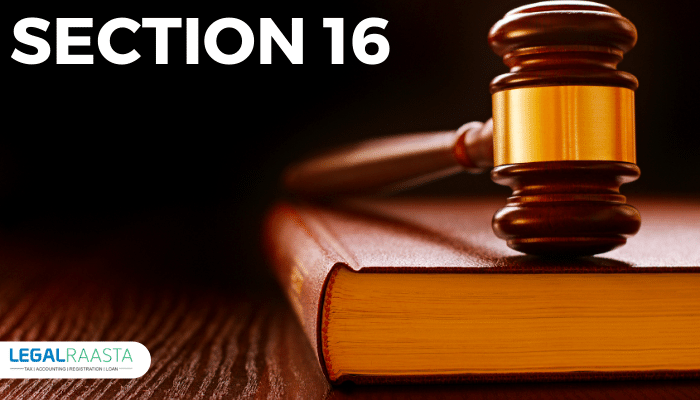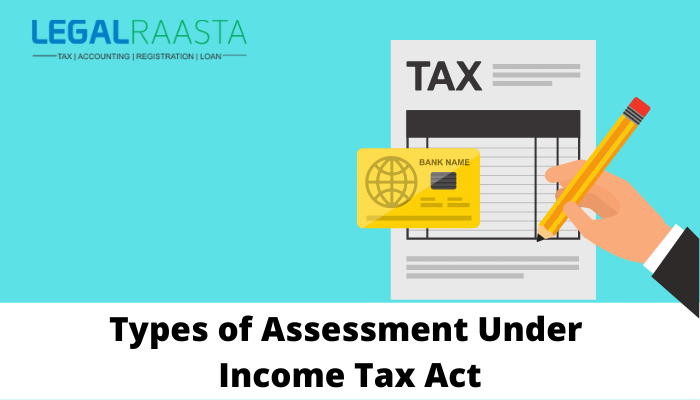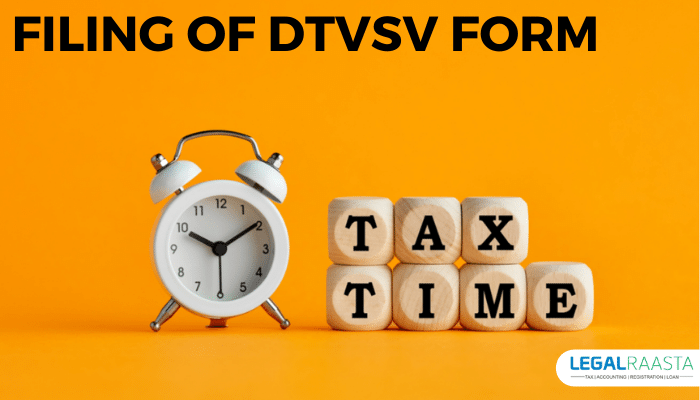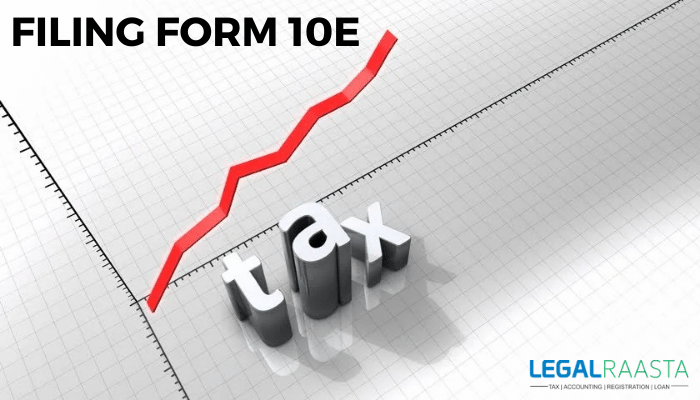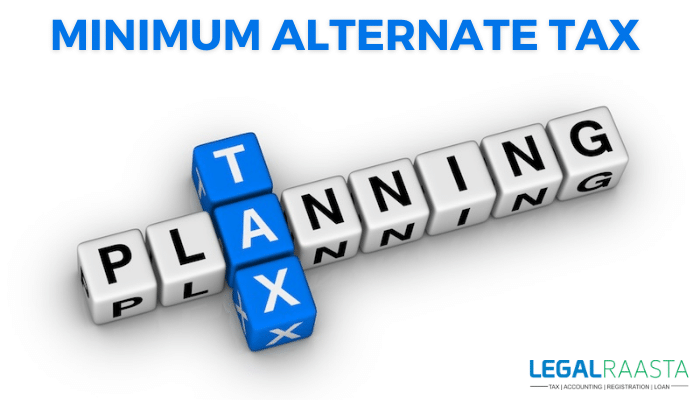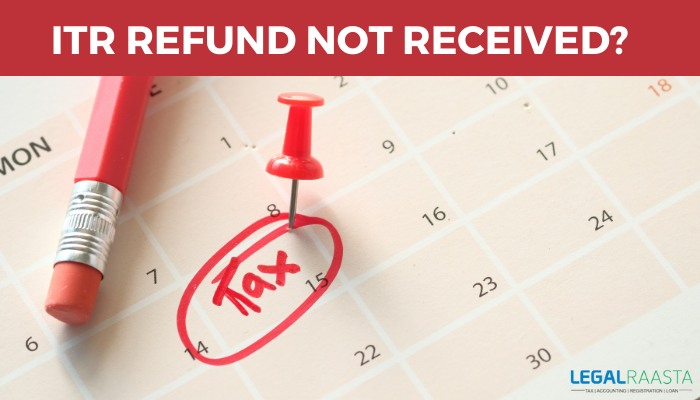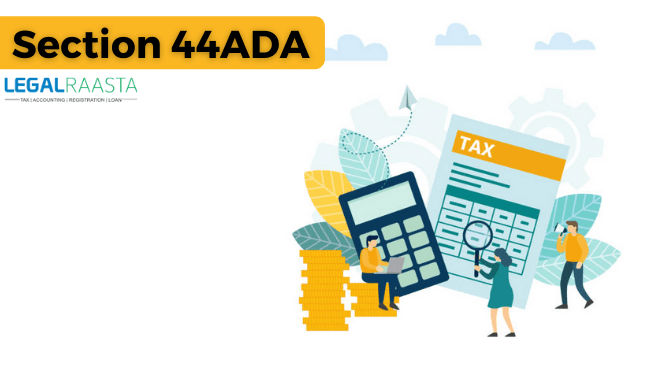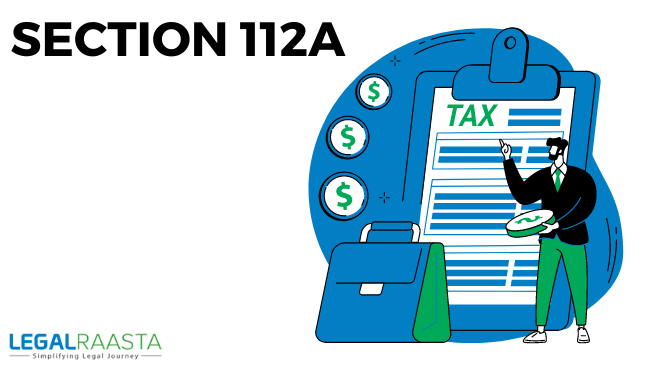Section 16- Standard Deduction, Entertainment Allowance and Professional Tax
Section 16 of Income Tax Act, 1961
Section 16 of the Income Tax Act of 1961 allows for a deduction from taxable income under the heading of "salaries." It allows for basic deductions, entertainment allowances, and professional tax deductions. A salaried taxpayer can use this deduction to reduce the amount of taxable salary income that is subject to tax.
Furthermore, as a result of recent standard deduction revisions, the benefit of this section is now extended to a larger sum. Furthermore, there is no need to provide travel or medical costs, making it simple to file a claim.
We'll go over each of the deductions under section 16 in this post, along with examples of how to calculate them.
Standard Deduction From Salary under section 16 (ia)
Section 16ia of the Income Tax Act allows for a standard deduction. Transport allowance of Rs 19200 and medical reimbursement of Rs 15000 were replaced by the standard deduction. Our Finance Minister, Arun Jaitley, announced it in the 2018 budget.
In lieu of transport allowance and medical reimbursement, the 2018 budget proposed a standard deduction of Rs 40,000. A taxpayer does not need to provide a bill or proof of expenditure to claim this Rs 40,000 deduction. It stipulates a one-time deduction of Rs 40,000.
The 40,000-rupee deduction was increased to 50,000-rupees in the Interim Budget of 2019. As a result, the deduction in FY 2018-19 was Rs 40,000, and it will be Rs 50,000 in FY 2019-20.
Pensioners can also take advantage of the standard deduction. The CBDT published a clarification about the standard deduction's applicability to retirees. The pension that a taxpayer receives from his or her previous employer will be taxed under the heading of "salaries." The deduction will be available to pensioners under section 16 because the pension received is taxed under the heading of "salaries."
The amount of deduction available under section 16 for standard deduction is:
Or
Whichever one is the lowest
Remember that the standard deduction has nothing to do with the
deduction under Section 80C or any other part of Chapter VIA.
Illustration on Calculation of Standard deduction
| Particulars |
FY 2018-19AY 2019-20(Rs) |
From FY 2019-20From AY 2020-21(Rs) |
| Basic Salary + Dearness Allowance |
800000 |
800000 |
| Other Taxable Allowance |
100000 |
100000 |
| Gross Salary |
900000 |
900000 |
| Standard Deduction |
40000 |
50000 |
| Total Income |
860000 |
850000 |
| Other Deductions |
200000 |
200000 |
| Income Chargeable to Tax |
660000 |
650000 |
| Income Tax |
44500 |
42500 |
| Income Tax Saving |
– |
2000 |
Entertainment Allowance Under Section 16 (ii)
The entertainment allowance is first included in the pay income before being deducted based on a few conditions. The allowance must be an entertainment allowance specifically granted by an employer to the taxpayer.
Entertainment Allowance for a Government Employee
The deduction applicable to employees of the federal and state governments is the least of the following:
- 20% of the basic pay
- 5000 rupees
- The amount of entertainment allowance given throughout the fiscal year
To calculate the allowance, a taxpayer must meet the following requirements:
- Salary shall not include any other allowances, benefits, or perquisites received from the employer. Essentially, the wage must be the gross amount earned before any extra benefits are taken into account.
- Never take into account the actual amount spent from the employer's entertainment budget.
Entertainment Allowance for a Non-Government Employee
Non-government employees are not eligible for the entertainment allowance deduction. The deduction is only available to employees of the federal or state governments. Furthermore, the deduction is not available to employees of local governments or statutory corporations.
Illustration on Calculation of deduction against Entertainment Allowance
| Particulars |
Amount |
| Salary (Excluding other allowances, benefits, and perquisites) |
120000 |
| Entertainment Allowance Received Per Month |
1000 |
| Entertainment Allowance for the entire financial year |
12000 |
| Amount of deduction available: |
|
| 20% of salary (a) |
24000 |
| Rs 5000 (b) |
5000 |
| Actual Amount Received (c) |
12000 |
| The amount allowed as a deduction (least of a, b and c) |
5000 |
Professional Tax or Tax on Employment Under Section 16 (iii)
Section 16iii of the Income Tax Act allows for a deduction for employment taxes. Section 16 allows a taxpayer to deduct the amount paid on account of a tax on employment or
professional tax. The employment tax is allowed for in Article 276 (2) of the Constitution.
When computing the deductions against professional tax, keep the following points in mind:
- The deduction can only be claimed in the fiscal year in which the professional tax is actually paid to the government.
- The tax paid on behalf of the employee by the company is also deductible. The amount paid by the employer as professional tax will be included in the total remuneration initially as a condition. Later, under section 16, the same amount will be permitted as a deduction.
- The deduction has no upper or lower limit under Section 16 of the Income Tax Act. The deduction is exclusively determined by the amount of professional tax paid. Any state government, however, cannot collect a professional tax of more than Rs 2500 per year. Only the tax paid is deductible, not the interest or late charge incurred as a result of the delay or nonpayment of professional tax.
Frequently Asked Questions
Can I take a deduction for entertainment allowance if I am not a government employee?
No, you cannot claim an entertainment allowance deduction. Only employees of the federal or state governments are eligible for the deduction.
Is it necessary for me to provide proof of expenses in order to claim the standard deduction?
Previously, you had to submit medical and travel expenses in order to claim a deduction. Your employer then evaluated the bills and approved the deduction. You do not need to submit any bills to claim a standard deduction, though. You will automatically receive the deduction without having to submit any bills.
Is it legal for my employer to decline to make a standard deduction?
No, the standard deduction must be taken into account when computing tax due, deducting TDS and submitting an
income tax return.
When filing a tax return, how do you enter the standard deduction?
A taxpayer can file an ITR using either the 'Download Utility' or the 'Prepare and Submit Online' options. The details will be pre-filled in the Prepare and Submit Online mode; you must confirm the details before filing. You must enter the details and then submit the ITR in the 'Download Utility' option.
Read, also: How to calculate advance tax and when to deposit it?
Tax Planning Under Minimum Alternate Tax (MAT)

